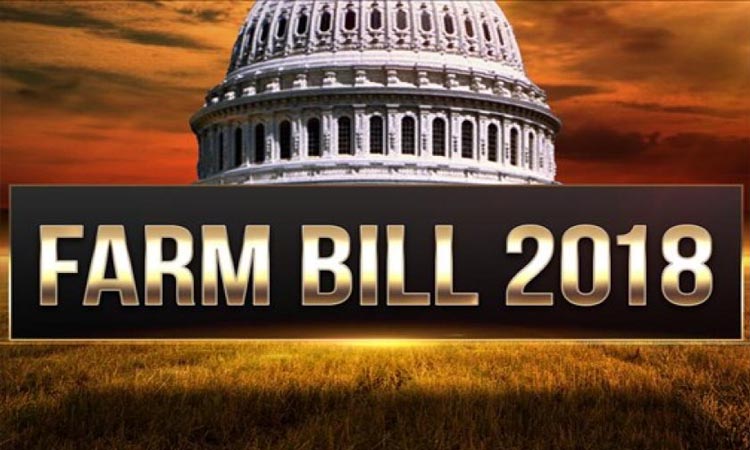The 2018 Farm Bill, formally known as the Agriculture Improvement Act of 2018, marked a pivotal moment for the cannabis industry in the United States by federally legalizing the cultivation and production of hemp, defined as cannabis containing less than 0.3% THC. This legislation removed hemp from the Controlled Substances Act, distinguishing it from marijuana and allowing it to be treated as an agricultural commodity. The bill opened the door for extensive research, development, and commercialization of hemp-derived products, including cannabidiol (CBD), which gained significant popularity for its therapeutic properties.

Key provisions included the establishment of a regulatory framework for hemp cultivation, requiring states and tribal authorities to submit plans for approval by the U.S. Department of Agriculture (USDA). The USDA oversees compliance with testing, licensing, and disposal of non-compliant plants. The bill also enabled farmers to access crop insurance and federal agricultural grants, fostering growth in the hemp industry.
The 2018 Farm Bill’s enactment spurred a surge in hemp farming and the proliferation of CBD products, significantly impacting agriculture, health, and wellness sectors. However, it also introduced regulatory challenges, particularly regarding the FDA’s stance on CBD in food and beverages, necessitating ongoing legal and regulatory clarity.